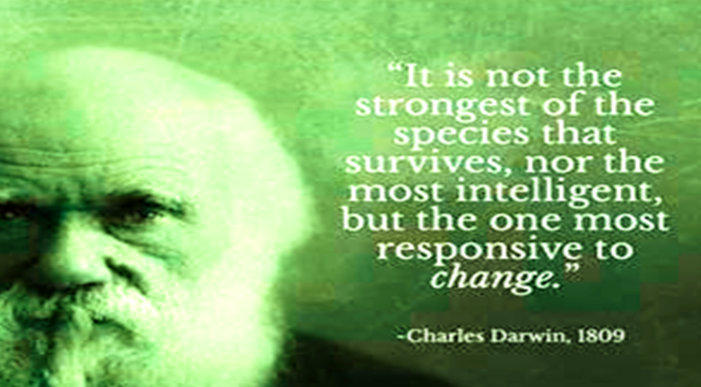There’s an excellent piece on automation and employment in the Harvard Business Review; here are what I see as the main takeaways.
What jobs will be lost and where are they?
Yes, automation will undoubtedly create jobs – as technological change always has. The key here is the pain and opportunity will happen in ways we can predict.
Jobs that are “automatable”are mostly routine, lower-skilled positions. Think logistics, manufacturing, transportation, retail, some construction and heavy industry. These jobs are more likely to be held by men, and tend to be located in inland California and many smaller southern and midwestern metro areas where they make up half or more of all jobs.
From HBR: “Conversely, just one-third of jobs in metro Washington DC and San Jose CA are routine.”
The automated jobs also tend to have higher injury rates and/or higher injury severity.
What about wages?
Automation affects wages, and wages affect automation. Or, if a machine can do something cheaper than a human, the human will be replaced by a machine. The obvious takeaway is the lower the human’s wage is, the less likely they will be replaced by a machine.
So, higher-wage routine jobs will likely be more affected by automation.
The net effect – automation drives down wages for specific jobs and in specific industries – both in the industries that see high automation and those industries where workers who lost their jobs seek new ones.
Automation will reduce wages in jobs that tend to be higher frequency/higher injury severity.
What does this mean for you?
More evidence that automation will accelerate the long-term decline in workers’ comp.
Or…




One thought on “How will automation affect jobs and employment?”
Comments are closed.